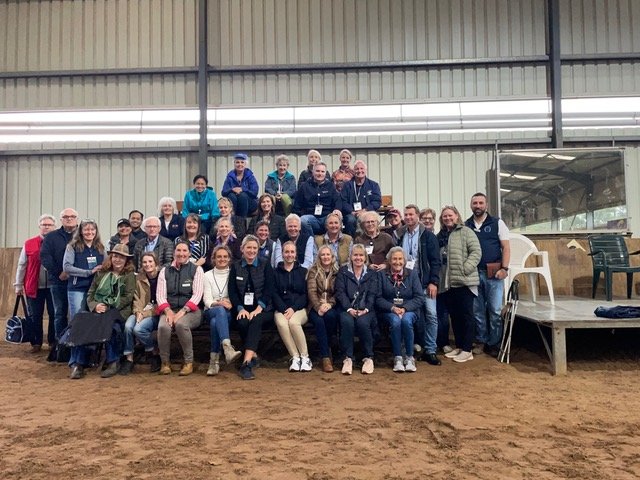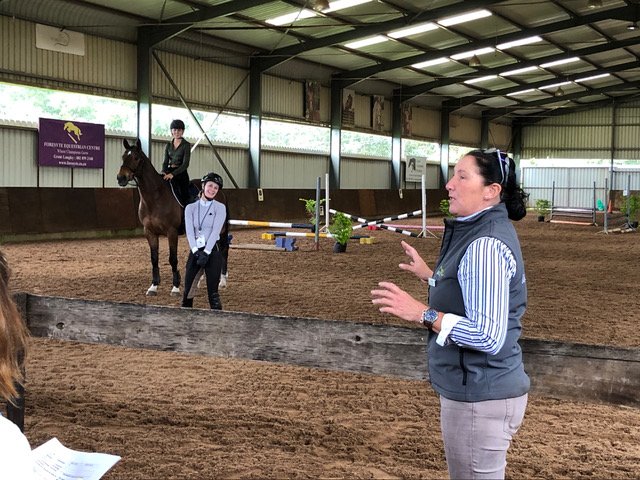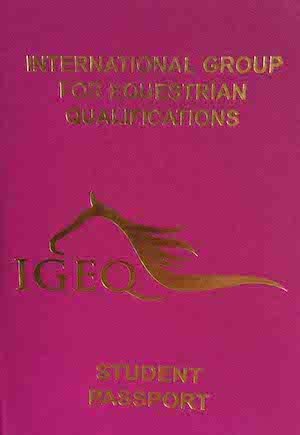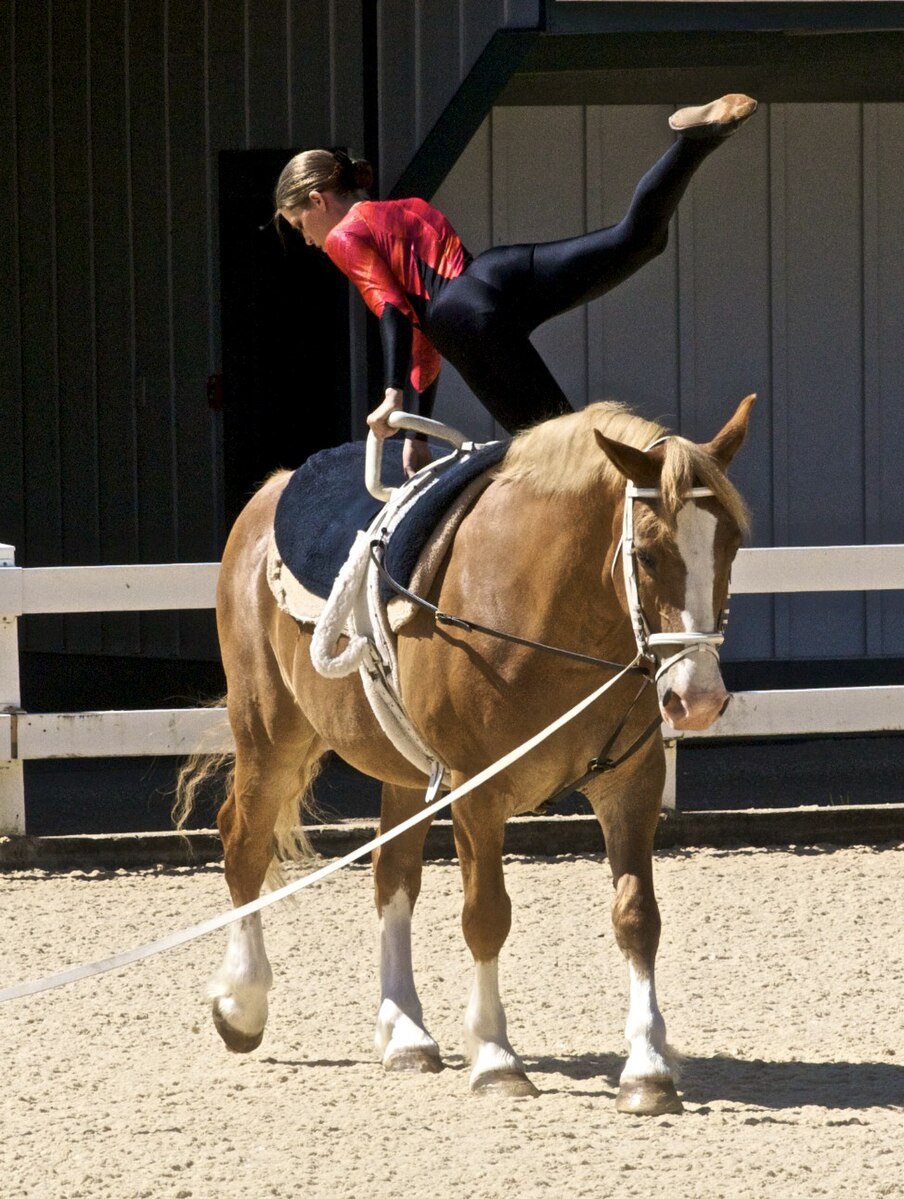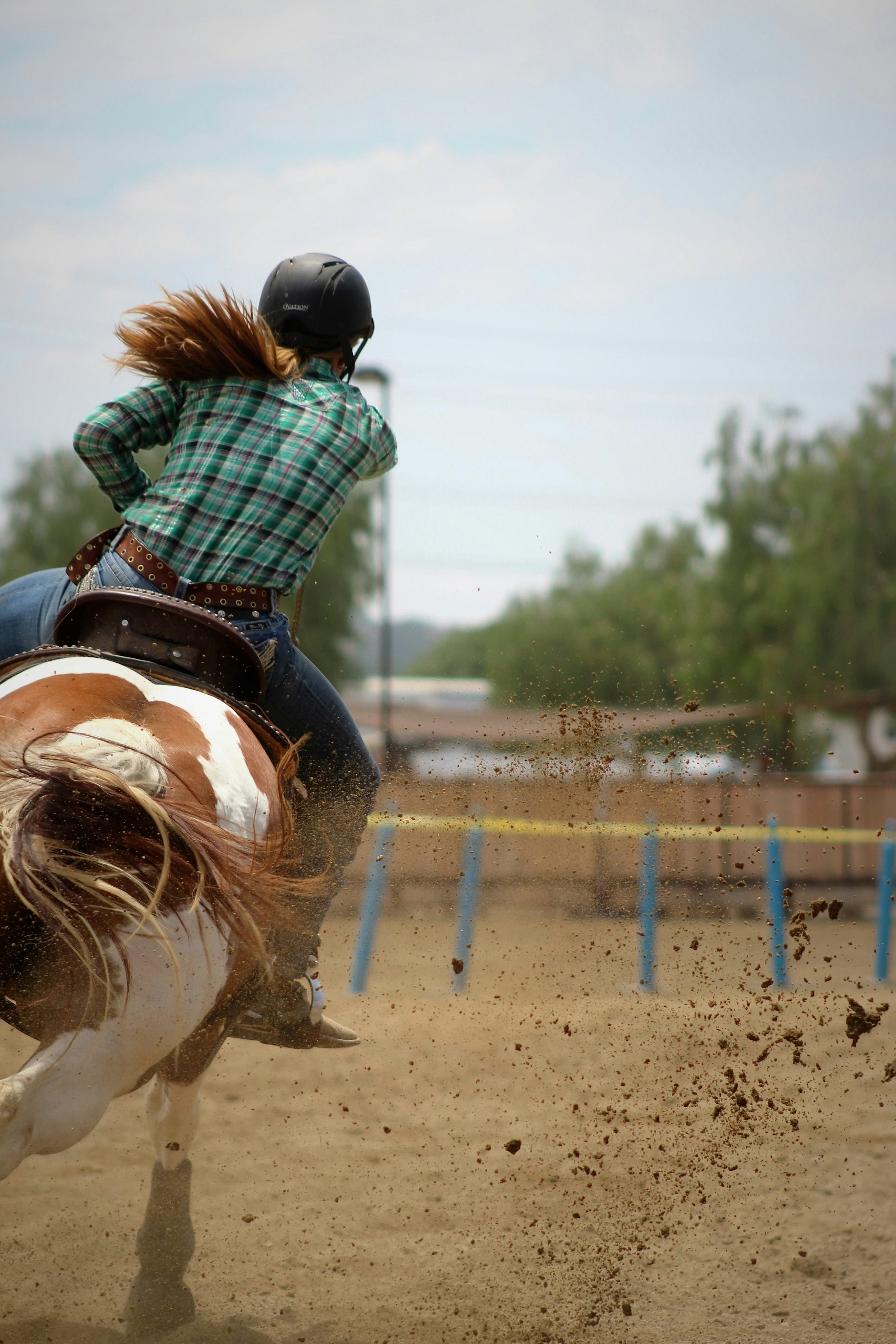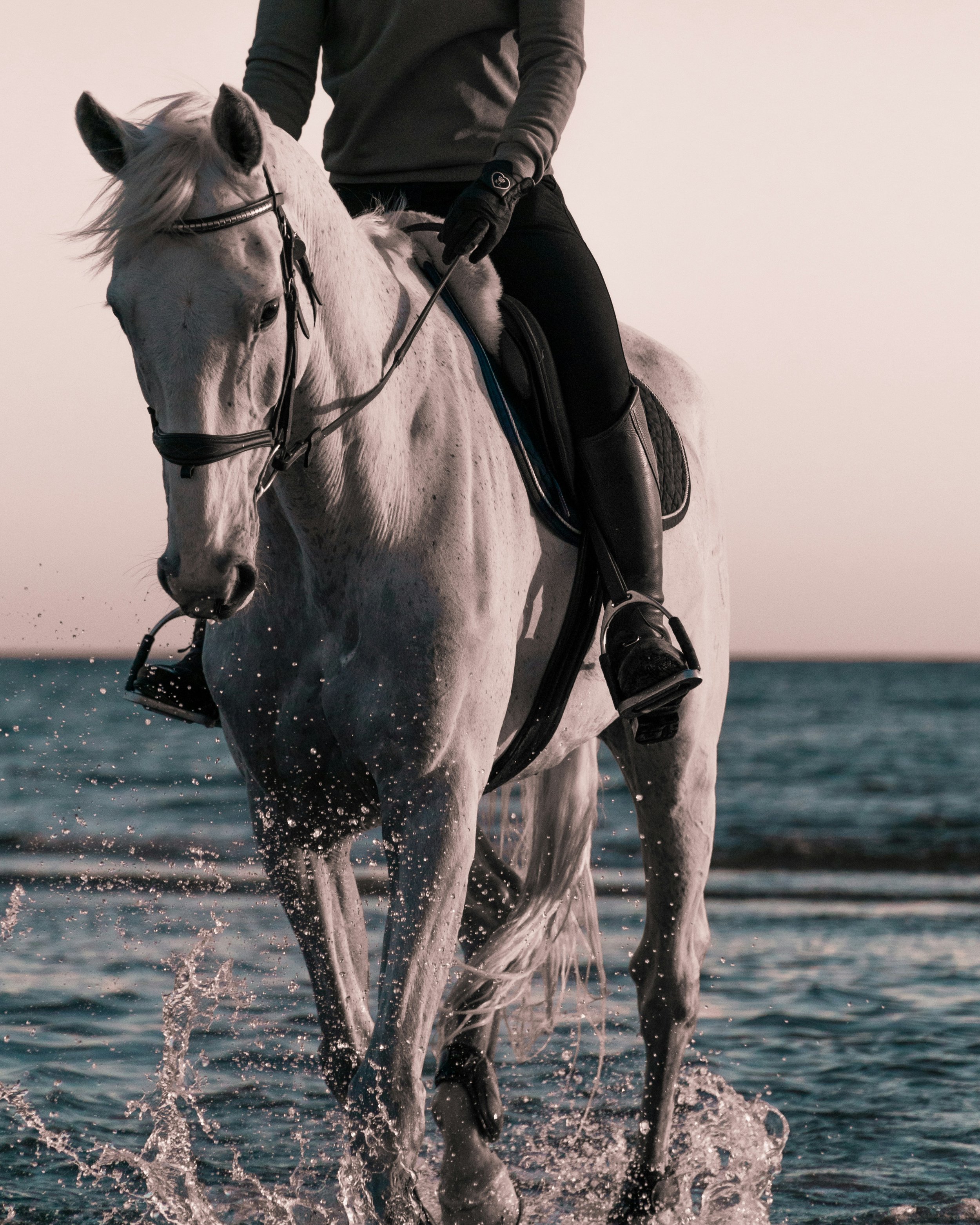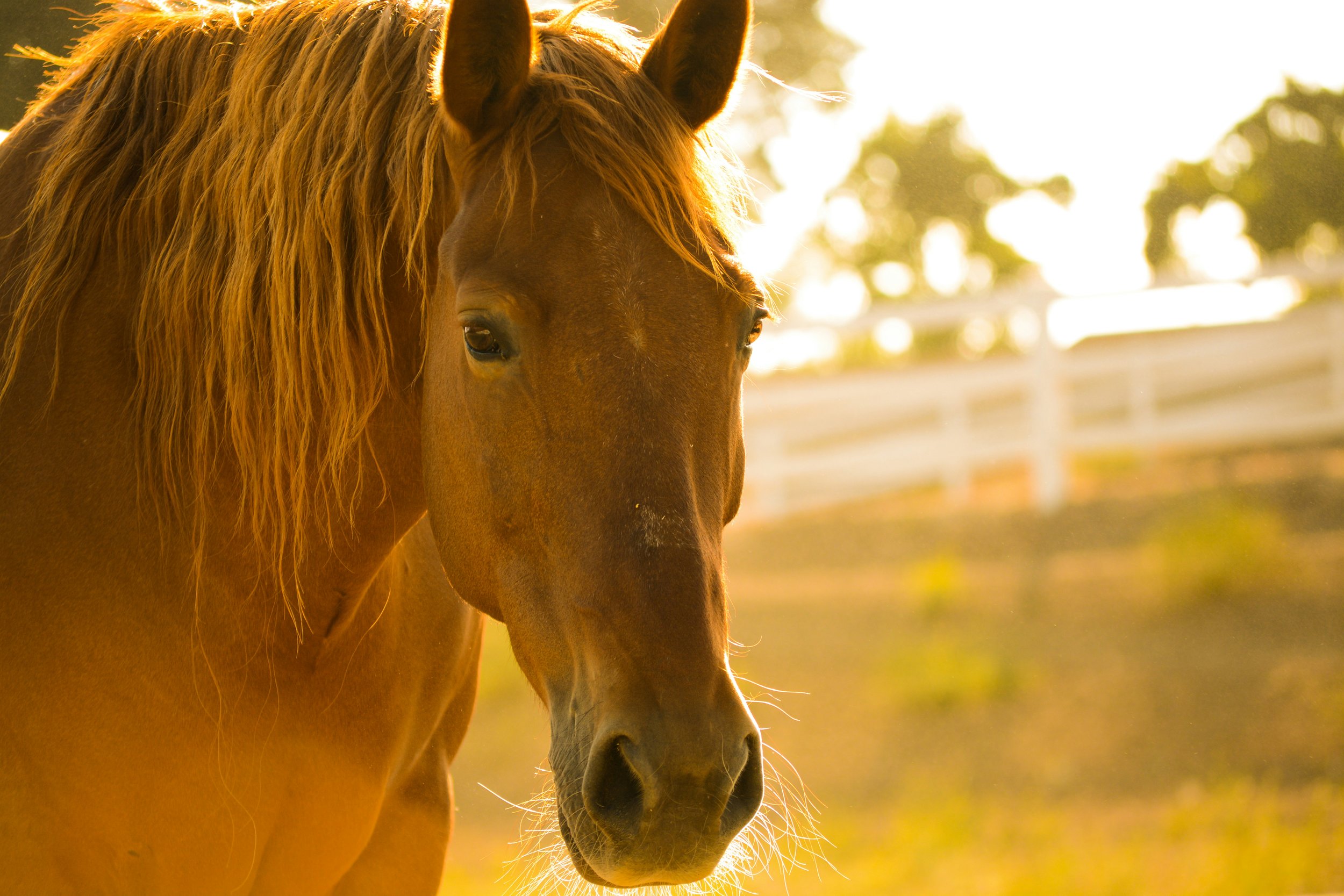
IGEQ
The International Group for Equestrian Qualifications
Improving horse welfare by developing, promoting and maintaining equestrian qualification standards.
Membership of IGEQ is voluntary and open to any National Equestrian Federation, Governing Body or other organisation authorised by Government to deliver equestrian qualifications. However, it is not a requirement to have a qualification and examination system in place. Membership offers many benefits, including priority for delegates to attend the Annual 2-day Autumn Conference, held in a different host country each year. Although individual membership is not possible, anyone with an interest in equestrian education is welcome to apply to attend the Conference, subject to availability.
IGEQ is a not for profit worldwide organisation dedicated to improving education and qualifications for all equestrians to improve the welfare of the horse. Individual membership is not possible.
Educated equestrians = improved equine welfare
Ʊ
Educated equestrians = improved equine welfare Ʊ
IGEQ’s Aims & Mission
Promoting Horse Care & Management Education: Elevating horse welfare standards globally.
Expanding Membership: Increasing the reach and impact of professional equestrian education worldwide.
Recognized Professional Standards: All educators meet IGEQ’s minimum qualification standards, supported by the IGEQ Passport.
Organizing Examiner Training: Providing essential training clinics for examiners.
Industry Best Practices: Keeping pace with industry developments and sharing insights with members.
Continuing Professional Development: Encouraging lifelong learning for equestrian educators.
Collaboration Across the Equestrian Sector: Working with other leading equestrian organizations, including FEI, EEF, FRDI, and more, to advance equestrian qualifications globally.
FEI Collaboration: Formalized cooperation with the Federation Equestre Internationale (FEI) to strengthen global equestrian education through a Memorandum of Understanding.
IGEQ Passports
The IGEQ Passport serves as a convenient, portable record of educator qualifications, recognized both domestically and internationally. Available exclusively to individuals holding qualifications from the current List of Minimum International Standards across disciplines such as Riding (All Round), Driving, Vaulting, Western, Tourism, and Competition Coaching, it ensures professional recognition.
Complementing this, the IGEQ Student Passport offers students an accessible, durable way to track their milestones and achievements throughout their equestrian education journey, fostering growth and excellence.
Minimum International Standards
Click on a discipline image below to learn more about Qualifications & Examination Requirements.
Olympic Disciplines
Therapeutic
Vaulting
Western
Driving
Tourism
Core Competencies
Based on current scientific research and evidence-based practice: across all levels (Riding, management, theory and coaching), candidates need to show the following 9 core competencies.
-
Show a strong focus on the wellbeing and care of horses in all activities, including riding, training, handling, and managing.
Make horse welfare a priority in all teaching and training.
Share the importance of caring for the horse and building a respectful horse-human relationship.
Recognize that horses have feelings and ensure all practices are kind and ethical.
-
Understand and read a horse's body language.
Identify if the horse is relaxed, stressed, or comfortable.
Respond to the horse in a way that meets its needs.
-
Use basic training principles that match how horses think and sense the world.
Understand how horses learn from their environment and experiences.
-
Use gentle techniques to help horses get used to new places and experiences.
Ensure these techniques are safe and comfortable for the horse.
-
Use conditioning techniques to train the horse in positive ways.
Learn how to use rewards, signals, and cues to encourage good behavior.
-
Be aware of the horse’s feelings and emotions.
Change your approach based on the horse’s emotional state to make training a positive experience.
-
Stay calm, focused, and in control in all situations with the horse.
Ensure that all interactions are positive and constructive.
-
Reflect on your own skills and behaviors with horses.
Look for ways to improve your training methods and understanding of horse care.
-
Strongly recommended at all levels.

